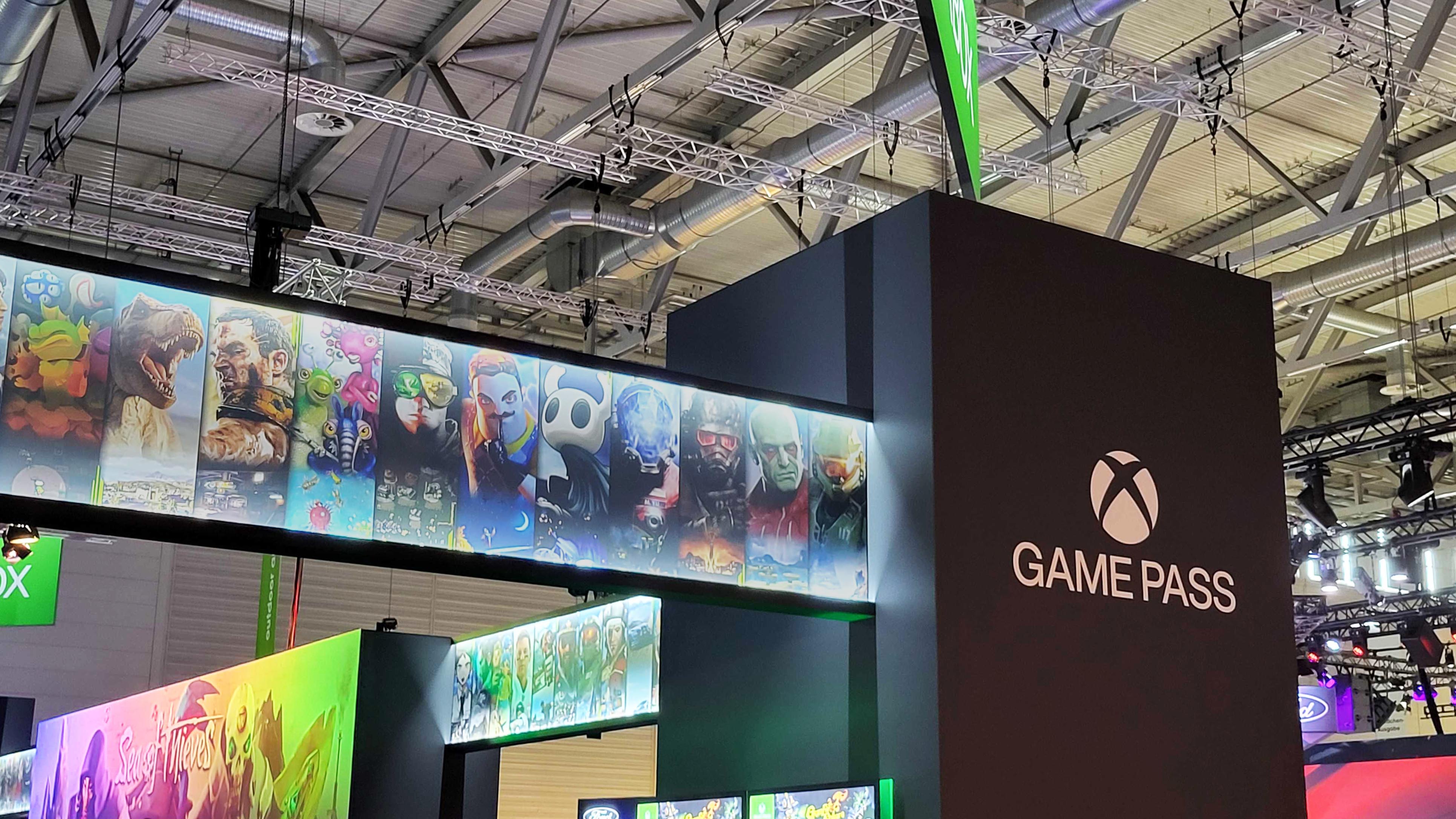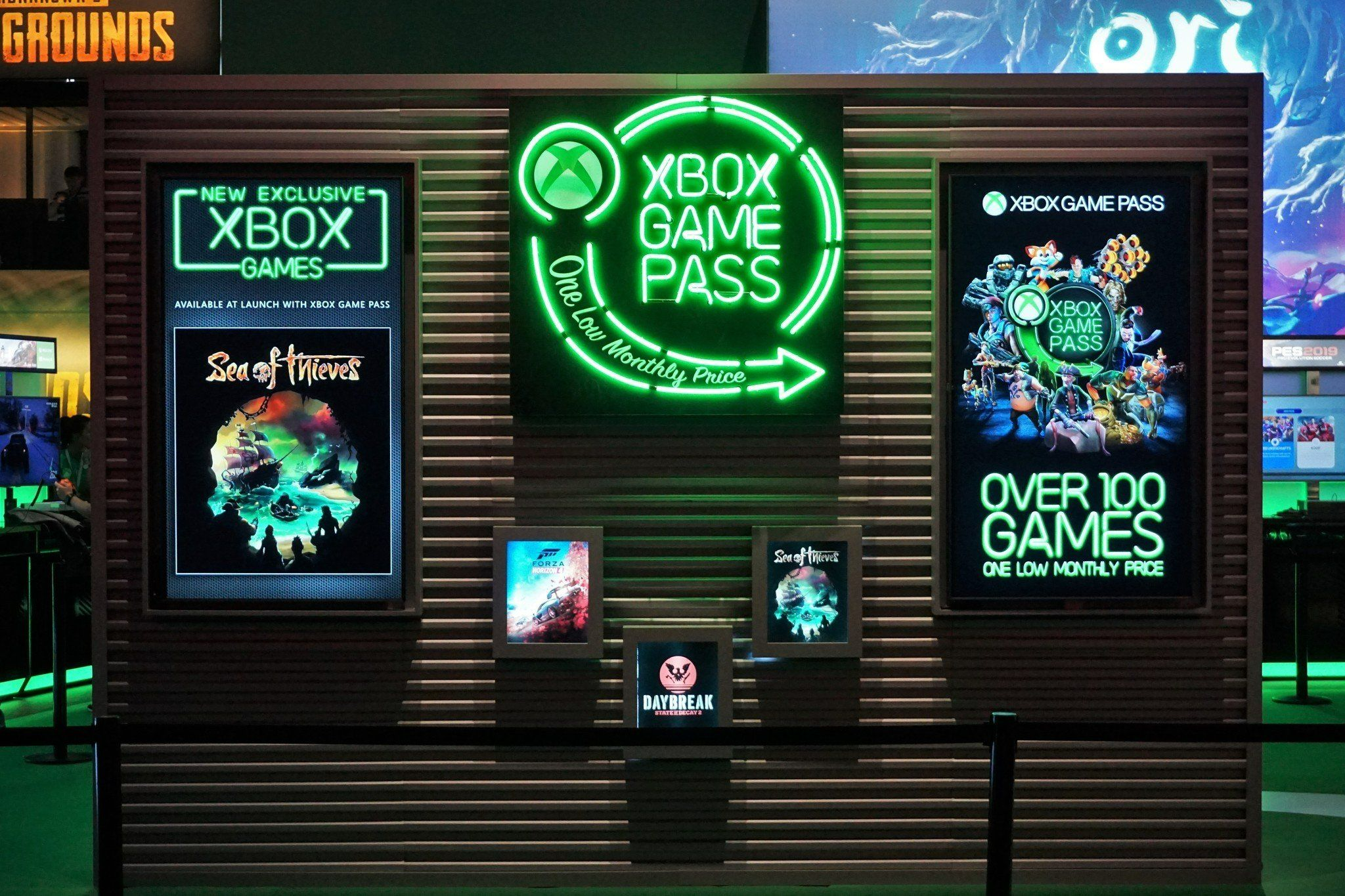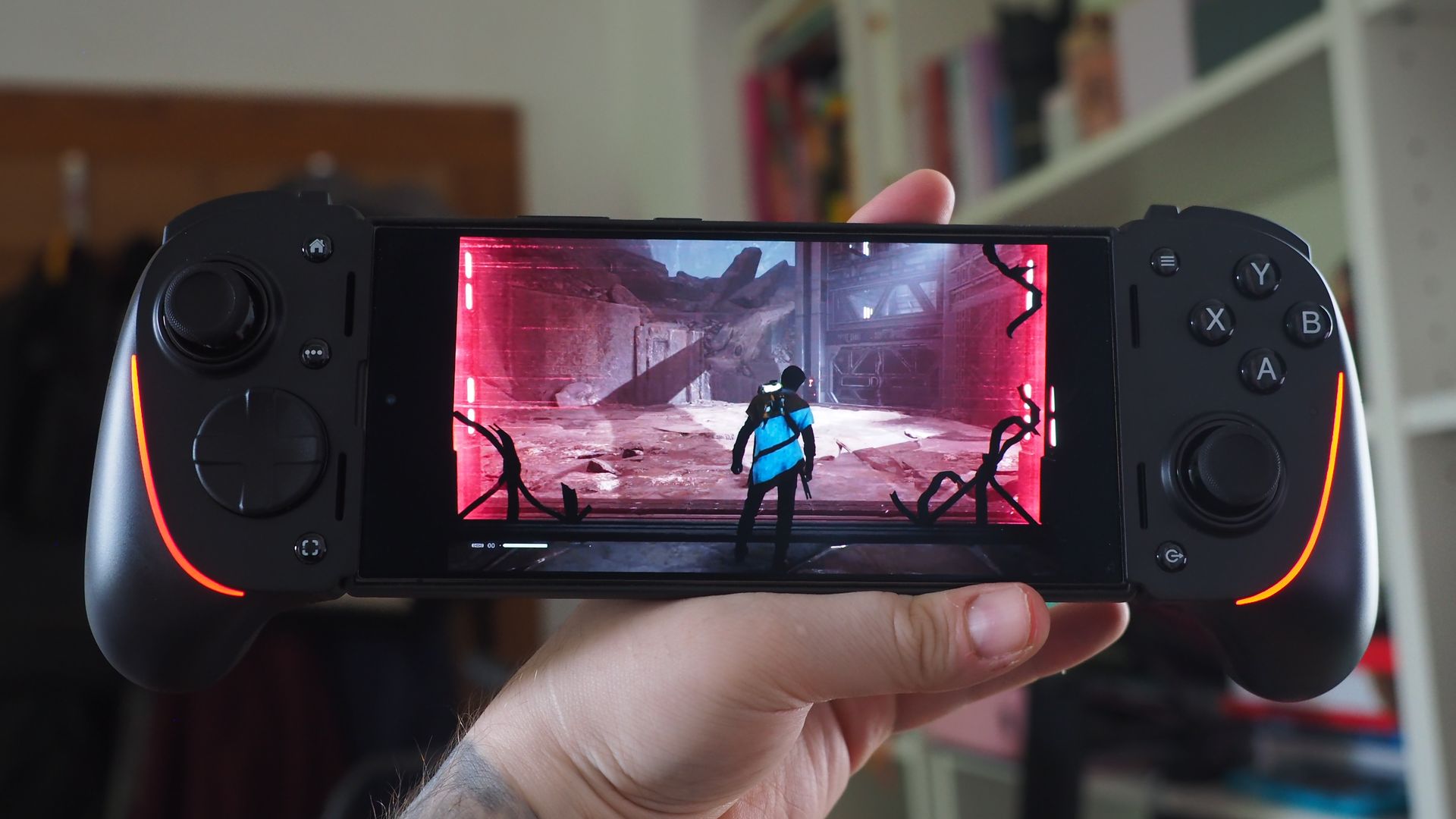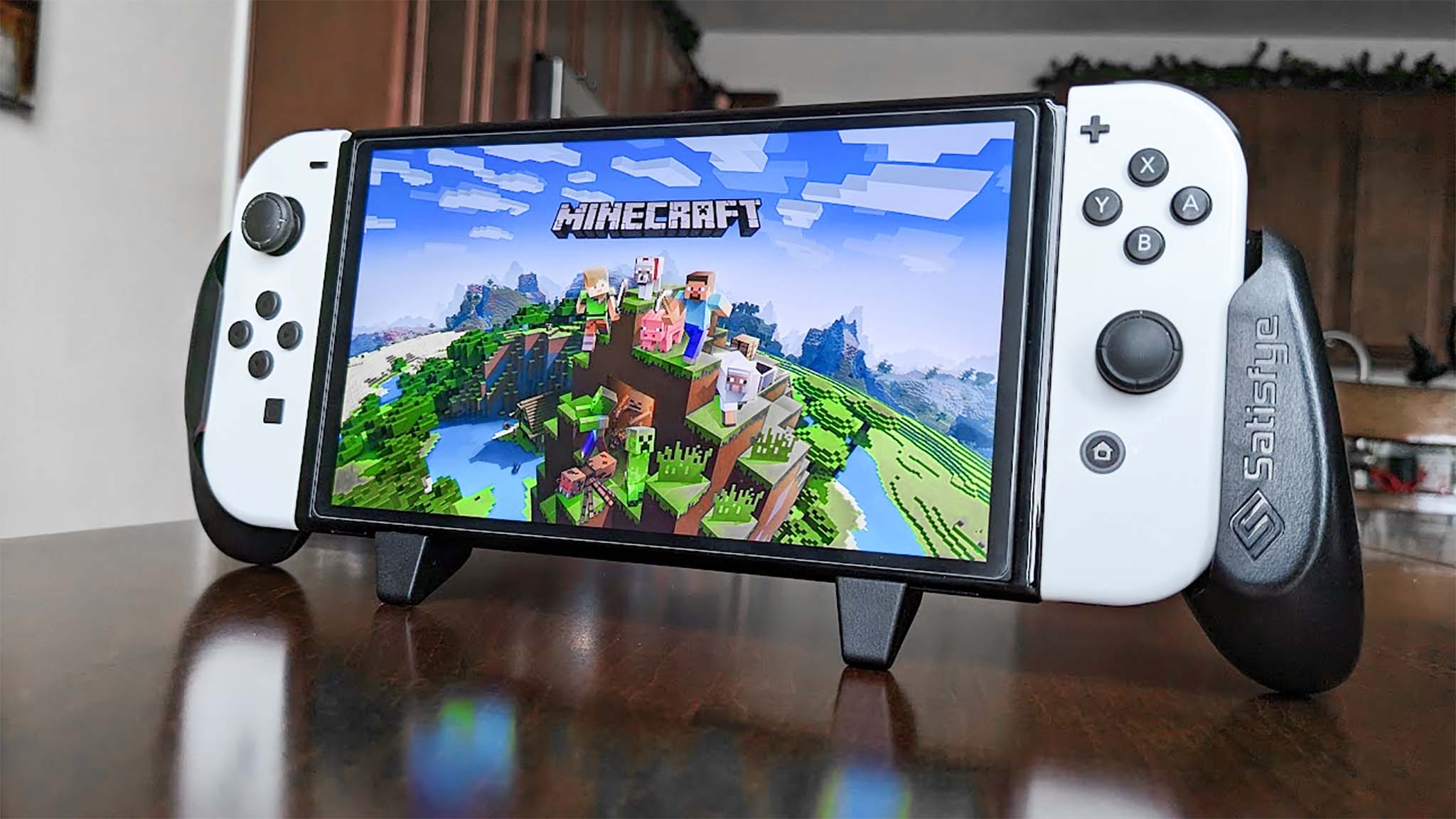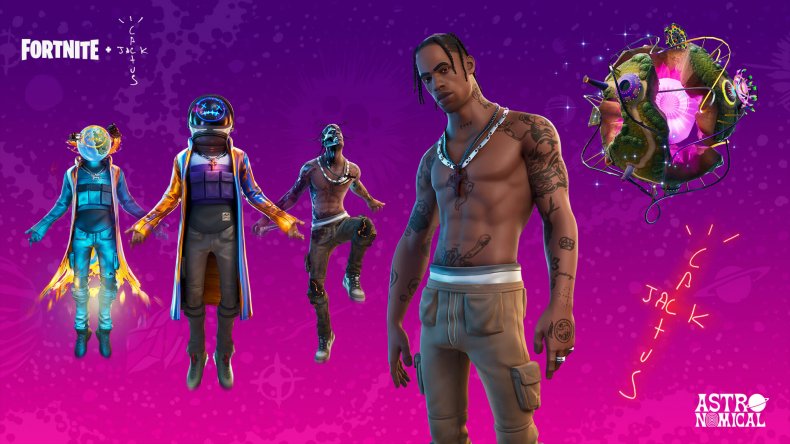This past week, Microsoft confirmed to us that it is hiking the price of Xbox Game Pass Ultimate to $19.99 per month, and also compromising its previous promise of day one games across the service. A new “standard” tier priced at $14.99 will now include Xbox Live Gold multiplayer access, but will only receive Xbox’s exclusive titles months after launch, within as-of-yet-to-be-determined timeframes. Current users of Xbox Game Pass for Console will maintain their access to day one games, but only if they remain subscribed. PC Game Pass is getting a price increase on top, too.
The switch up of the service echoes general price increases we’ve seen from other subscription services in recent years. Many companies took advantage of inflation to cover arbitrary price increases, while others were forced to by increases in costs, and also increases in profitability expectations. The economic aftershocks of the past two years seem to be evening out in some cases, but some companies are still looking at ways to increase profitability in what is, in many sectors, a stagnant economy.
DEAL: Xbox Game Pass Ultimate 3-month pre-paid cards are just $33.29 at CDKeys.
One such stagnant area of growth is console gaming in general. Microsoft, Nintendo, and PlayStation fight over the same fluctuating 200-300 million users, who currently exist across PlayStation 4, 5, Xbox One, Xbox Series X, Xbox Series S, Nintendo Switch, and even legacy consoles to varying degrees. Xbox Series X|S console sales have lagged behind PlayStation and even the Xbox One according to some metrics, but Microsoft assured me that they’re not seeing large amounts of people switching console in their analyses. According to them, many millions of Xbox One players are simply happy where they are, playing Minecraft, Fortnite, Roblox, and other so-called “black hole games” that are updated forever in perpetuity. For the sake of argument, let’s assume that’s true — and indeed, the data certainly could suggest that it is. Newzoo analytics reported as of May 2024, that 25% of all playtime hours are spent in just 5 service games, with a further 15% on annual titles like Call of Duty and FIFA. Only 8% of playtime hours are spent in non-annualized franchises.
In a universe where only 8% of our time is spent on variety gaming, does a variety gaming service like Xbox Game Pass even make sense? Or is it a crucial content fund that promotes the art of gaming? How can Microsoft make it grow? Is it even possible?
I’m sure Microsoft itself is exploring some of these questions, and maybe we can too.
I still meet a lot of gamers who don’t even know what Xbox Game Pass is
If you’re sitting here and reading this, chances are you’re what the industry seems to refer to as a “core” gamer. You read articles, maybe you listen to podcasts about gaming, you play a variety of games and spend a lot of disposable income on games, in-app purchases, and maybe merch too. There’s a huge portion of the console install base which aren’t necessarily considered core, though, and could be moreover considered casual. Casual gaming drives a large section of the industry, despite not being fully engaged. They don’t really read articles and aren’t fully interested in variety gaming or the latest and greatest title — they’re tangentially aware of what’s going on through word of mouth, or the so-called zeitgeist. Some games go crazy viral and end up becoming a casual staple. Fortnite is an obvious example, but you also have things like the annualized games like FIFA and Call of Duty, which people buy year-in-year out because it’s their favorite franchise, and they don’t have the time or inclination to play much else beyond that. There’s nothing wrong with that of course, it just is what it is, and it cannot be ignored when analysing platform holders’ strategic decisions across the board.
It’s with this in mind that Microsoft purchased Activision-Blizzard in the first place. Owning Call of Duty and having the ability to put it into Xbox Game Pass, will potentially be a showpiece to the masses out there who hadn’t even heard of the service. I often try to remind myself that a lot of gaming discourse on social media is a bubble by asking friends, family, and even strangers I meet during casual conversation for their opinions on gaming. I always find it interesting how often I hear from people who consider themselves gamers who haven’t actually heard of Xbox Game Pass.
Indeed, Microsoft made a large song and dance about the fact they’re putting Call of Duty: Black Ops 6 day and date into Xbox Game Pass later this year. There are rumors that Microsoft is even planning to put Call of Duty: Modern Warfare 3 from 2023 into Xbox Game Pass as soon as this month, too. Activision itself explored “Call of Duty as a service” in the past, with the now-defunct Call of Duty Elite subscription service. CoD: Elite couldn’t really offer enough value to be worthwhile, but Xbox Game Pass is a different proposition entirely. With Xbox Game Pass, instead of paying $70 for titles like Call of Duty and Xbox’s impressive upcoming games slate for $19.99 instead of per title cost. The problem is that, like I said earlier, many Call of Duty gamers aren’t necessarily variety gamers in the first place. They just want to play Call of Duty, potentially.
Even if Call of Duty can bring Xbox Game Pass’ visibility to the masses, perhaps it’s not enough to change habits and increase interest in the variety that the industry offers. Perhaps Call of Duty and Xbox Game Pass Core for multiplayer is enough for many or even most, and the varied library of Xbox Game Pass Ultimate isn’t, well, ultimately interesting.
Changing gamers’ habits, or well, any human’s habits is incredibly difficult, and I would argue that perhaps Xbox needs to look beyond gaming itself to revive interest in console gaming in general.
Finding the ‘new to Xbox Game Pass’ users
For many millions of youngsters, the gaming landscape they grew up in is completely different to the ones us old people grew up in. Internet connectivity comes as standard now, with heavy social features baked right in on top. Game updates are also standard. Free is also standard. Many of the biggest and most profitable games on Earth today don’t even come with an upfront cost — a feat that I’m sure would’ve been unimaginable to developers of yesteryear.
How did this happen? Well, ultimately bandwidth became cheaper. Server technology became cheaper and more accessible. The internet became ubiquitous. Online payment systems also became commonplace. The games themselves became the platform. Walking into Walmart is free, and they dazzle you once you’re in the store with goodies of all shapes and sizes, designed to part you with your hard-earned cash. Games like Roblox, Genshin Impact, Fortnite, and Minecraft operate in much the same way. Low barriers to entry, and then upsell once you’re in the store.
For many, the console itself is a barrier. $499 for a box is a big ask when there’s so much high-quality free content to be experienced on devices you already own, such as an iPad, laptop, smart phone, and so on. That’s one reason why Microsoft is betting on Xbox Cloud Gaming, which you can set up with a Fire Stick 4K pretty easily, which is currently just $25 at Amazon.
Right now, there’s no dedicated Xbox Cloud Gaming subscription. You need to pay for Xbox Game Pass Ultimate full-fat to get cloud gaming, but I’ve recently heard that might not always be the case.
One of the big debates revolving around AI right now is the sheer cost factor involved. AI uses so much power, and so much bandwidth, and so much water for cooling, that the end products aren’t making anywhere near enough money to justify all of the costs. Cloud gaming is in a similar, albeit less dire scenario right now. Apple and Google both are preventing the rise of cloud gaming by putting arbitrary restrictions on the business model, particularly when it comes to in-app purchases. The European Union is trying to smash down these walls, however, with Apple potentially being forced to allow Epic Games to offer its own Epic Store for mobile games on iOS devices, at least in the UK and EU. Microsoft is also known to be ready to take advantage of this new legislation with its own Xbox mobile gaming store for iOS and Android. Cloud gaming platforms like Xbox Cloud Gaming and NVIDIA GeForce Now will also benefit from the eroded walls, since they will no longer be restricted on how in-app monetization works. Right now, Apple in particular makes it impossible to operate these types of platforms on its store, and Google puts hard limits on how in-app monetization can work, breaking any hope of profitability.
The march of technology coupled with increased deregulation (as governments slowly catch up to reality) should help Xbox Cloud Gaming become more viable as a separate entity. The current approach is akin to “establishing a foothold,” to prepare for a future where they will be able to sell in-app purchases directly, and also have a dedicated cloud subscription, potentially supported by ads and the like. Gatekeeper companies like Apple and Google make it unprofitable to operate at a large scale today, but that won’t always be the case. Microsoft has bypassed Apple and Google by targeting TVs directly instead, with the Amazon Fire Stick partnership, coupled with the Samsung TV app partnership. But to really hit the big time, the “2 billion” gamers Microsoft always used to talk about, you really need mobile — but also social.
Having a variety of “black hole games” with heavy social slants tied to its subscription services would naturally help boost Xbox Game Pass, and the Xbox console platform in general. After all, every cloud user is an Xbox console user, and developers have to make an Xbox retail version of their game in order to be playable on the cloud. But these types of games are already available everywhere, all the time, without the need for any involvement from Xbox at all.
The issue once again comes back to content. Things like Call of Duty will help massively, but it remains to be seen how much Microsoft and Activision actually market the link up to the masses. But many of those target users are habitual annual Call of Duty purchasers. Perhaps changing their habits isn’t necessarily going to happen, and that most of the growth will be from current Xbox Game Pass users trying out Call of Duty simply because they now have access. I’m sure it will boost Call of Duty in that context, but the issue here is getting in new users to Xbox Game Pass, which is something Microsoft is notably having some difficulty with.
Xbox Game Pass: Beyond games?
Spotify might have become the default way we consume music, and Netflix might be the default way we consume shows. But Xbox Game Pass is by no means the default way we consume games, and it’s unlikely it ever will be. I would argue that Xbox Game Pass was never designed to replace retail, Microsoft itself has argued that it is supposed to be an additive service, but the question of viability comes up every time there are changes or news about the service. It’s also pretty crucial for Xbox. Game Pass is the only true differentiator Xbox has against PlayStation right now, which has no comparable “day and date” all-you-can-eat subscription service for its exclusive games.
Without Xbox Game Pass, Microsoft would be competing head on with PlayStation, which is a recipe for failure. PlayStation has entrenched and established itself as the biggest console platform, and digital lock-in means it’s unlikely that Microsoft will get ever be able to get users to shift out of their default habits. Microsoft needs to do something different, but is Xbox Game Pass alone, enough? With expectations higher than ever, and costs higher than ever, extracting value out of the current user base is the name of the game, but this hardly seems sustainable.
The big dilemma facing Xbox right now is how to make the platform seem attractive for a new generation to meet those higher costs. If I knew what the answer was, I probably wouldn’t be sitting here writing this. But I know in my bones that it’s going to be a combination of user-generated content, with a social layer on top, similar to Roblox. Microsoft already has the bones of this in Minecraft, but it’s not integrated at a platform level within Xbox, nor Xbox Game Pass, save for a few freebies here and there. Much like Fortnite, I feel like youngsters expect the platform itself to be fun, and Xbox itself is far from being “fun” right now, with fun classic features like Avatars, 1 vs. 100, and Achievements set aside and back burned.
Xbox Game Pass and Xbox itself needs to become gamified, social, and shareable, and I’m not sure Microsoft has the will to do it. Microsoft Rewards ain’t it, and if people aren’t interested in gaming variety in general, a service catering to that probably isn’t enough to get traction alone. Xbox Game Pass needs its killer app moment, and I do mean app when I say this. Fortnite and Roblox have evolved far beyond being simply games, and have evolved into platforms and social spaces. I’m just not sure what that would look like for something like Xbox Game Pass.
Xbox Game Pass serves as a content fund for smaller developers looking to cash flow their ambitions. It serves as a key differentiator against PlayStation. It serves as a foothold in a potentially new and compelling cloud gaming segment, once regulators figure out how it should work. It’s also a great out-of-the-box option for new Windows PC gaming handhelds like the ASUS ROG Ally. But to really, really hit the big time, it needs some kind of truly exclusive experience that somehow simultaneously hits gaming, social, and user-generated content simultaneously. Microsoft has a lot of these types of experiences within its platform in general, but they exist outside of Game Pass in spite of it, rather than in support of it.
Perhaps Call of Duty will be that first step, but increasingly, I’m not sure that great, traditional games alone are enough for Xbox’s future. To save on cannibalizing retail and growing Xbox and gaming in general, Microsoft may need to think even further outside the box. Microsoft may have to rethink its approach to Xbox as a social experience, to compete with platforms that are increasingly taking attention away from variety gaming.


